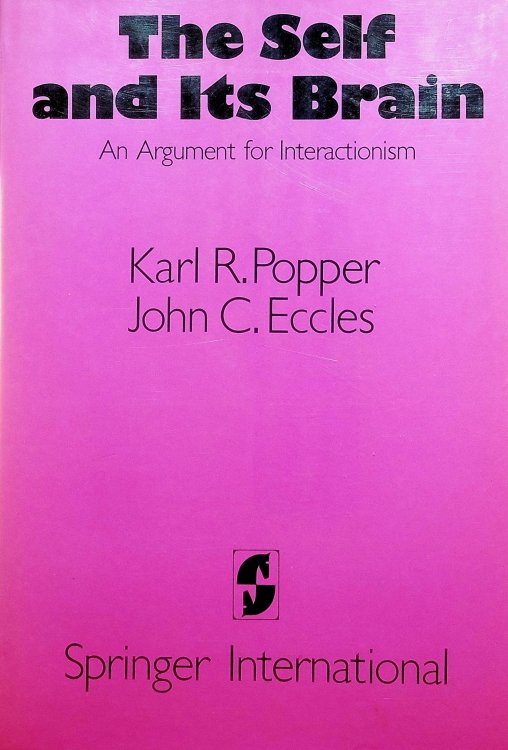
The Self and Its Brain: An Argument for Interactionism
$300.00 USD • Used
1977 SEMINAL STUDY OF CONSCIOUSNESS AND THE BRAIN BY PHILOSOPHER POPPER AND NEUROPHYSIOLOGIST ECCLES -- SIGNED COPY OF FRANCIS CRICK WHO STROVE TO BRIDGE THE TWO.
15x23.5 cm hardcover, b...
1977 SEMINAL STUDY OF CONSCIOUSNESS AND THE BRAIN BY PHILOSOPHER POPPER AND NEUROPHYSIOLOGIST ECCLES -- SIGNED COPY OF FRANCIS CRICK WHO STROVE TO BRIDGE THE TWO.
15x23.5 cm hardcover, blue cloth binding, title printed on cover and spine, ink signature of Francis Crick and handstamp of Salk Institute to front free endpaper, library pocket to front paste-down, i-xvi, 597 pp, many figures in text. Near-fine in near-fine jacket.
SIR KARL RAIMUND POPPER (1902 - 1994) was an Austrian and British philosopher and a professor at the London School of Economics. He is widely regarded as one of the greatest philosophers of science of the 20th century. Popper is known for his attempt to repudiate the classical observationalist/inductivist account of scientific method by advancing empirical falsification instead, for his opposition to the classical justificationist account of knowledge which he replaced with critical rationalism, and for his vigorous defense of liberal democracy and the principles of social criticism that he came ;o believe made a flourishing open society possible.
SIR JOHN CAREW ECCLES (1903 - 1997) was an Australian neurophysiologist who won the 1963 Nobel Prize in Physiology or Medicine for his work on the synapse. He shared the prize with Andrew Fielding Huxley and Alan Lloyd Hodgkin. In 'Understanding the Human Brain' (1973), Eccles summarizes his philosophy as follows: Now before discussing brain function in detail, I will at the beginning give an account of my philosophical position on the so-called brain-mind problem so that you will be able to relate the experimental evidence to this philosophical position. I have written at length on this philosophy in my book 'Facing Reality'. In Fig. 6-1 you will be able to see that I fully accept the recent philosophical achievements of Sir Karl Popper with his concept of three worlds. I was a dualist, now I am a trialist! Cartesian dualism has become unfashionable with many people. They embrace monism in order to escape the enigma of brain-mind interaction with its perplexing problems. But Sir Karl Popper and I are interactionists, and what is more, trialist interactionists! The three worlds are very easily defined.
FRANCIS HARRY COMPTON CRICK (1916 2004) was an English molecular biologist, biophysicist, and neuroscientist. He, James Watson, Rosalind Franklin, and Maurice Wilkins played crucial roles in deciphering the helical structure of the DNA molecule. Crick and Watson's paper in Nature in 1953 laid the groundwork for understanding DNA structure and functions. Together with Maurice Wilkins, they were jointly awarded the 1962 Nobel Prize in Physiology or Medicine for their discoveries concerning the molecular structure of nucleic acids and its significance for information transfer in living material. During the remainder of his career, he held the post of J.W. Kieckhefer Distinguished Research Professor at the Salk Institute for Biological Studies in La Jolla, California. His later research centered on theoretical neurobiology and attempts to advance the scientific study of human consciousness. He taught himself neuroanatomy and studied many other areas of neuroscience research. Eventually, in the 1980s, Crick was able to devote his full attention to his other interest, consciousness. Crick hoped he might aid progress in neuroscience by promoting constructive interactions between specialists from the many different subdisciplines concerned with consciousness. He also collaborated with neurophilosophers such as Patricia Churchland. Crick made the strategic decision to focus his theoretical investigation of consciousness on how the brain generates visual awareness within a few hundred milliseconds of viewing a scene. Crick and Koch proposed that consciousness seems so mysterious because it involves very short-term memory processes that are as yet poorly understood. In his book The Astonishing Hypothesis, Crick described how neurobiology had reached a mature enough stage so that consciousness could be the subject of a unified effort to study it at the molecular, cellular and behavioral levels.
Product Info
Publisher: Springer International
Year: 1977
Type: Used
Binding: Softcover
First Edition
Seller Info
BiomedRareBooksLLCABAAILABIOBA
Address: P.O. Box 193 North Garden, Virginia
Website: https://www.biomedrarebooks.com
Country: United States
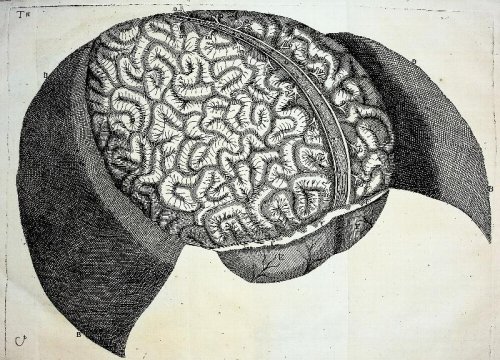
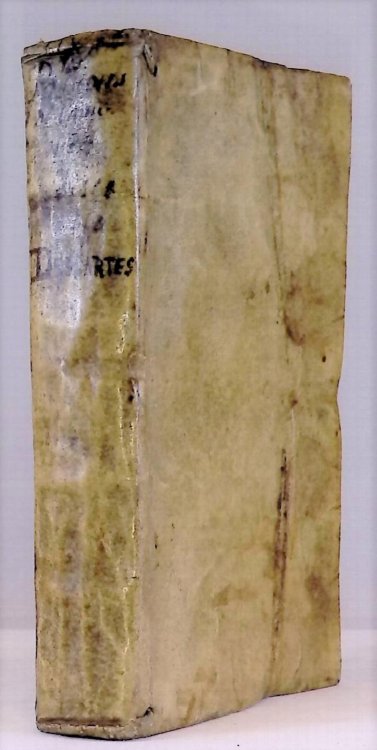
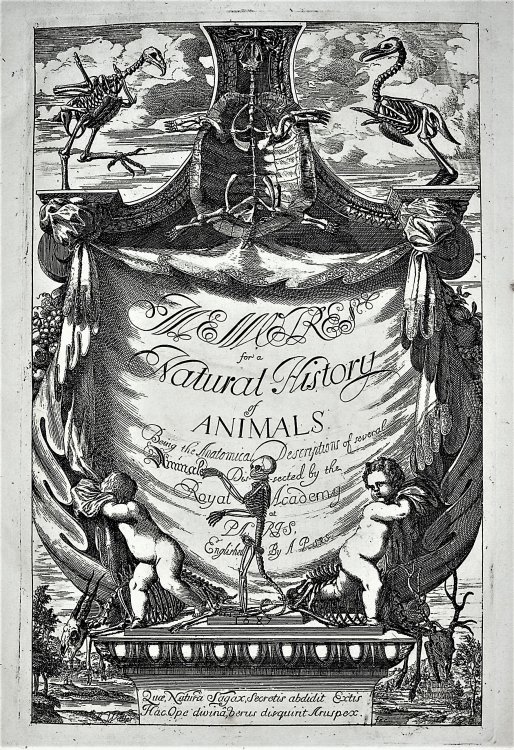
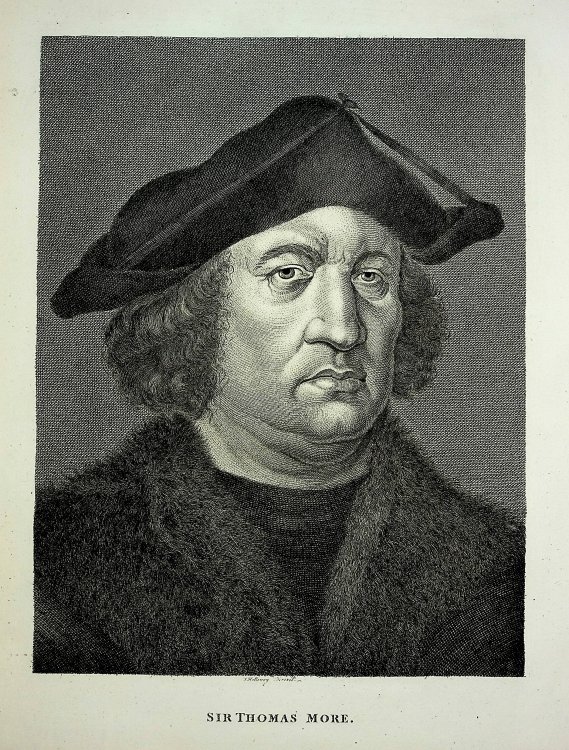
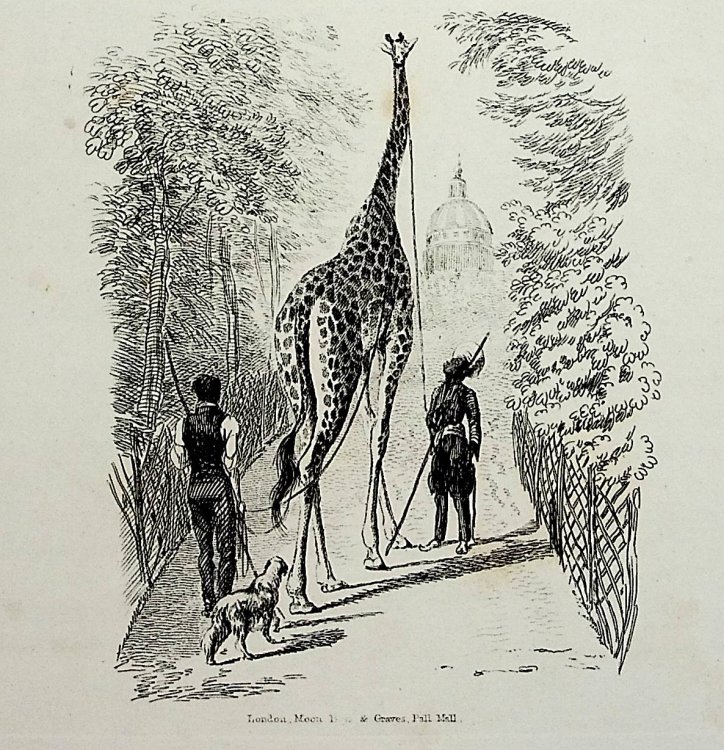
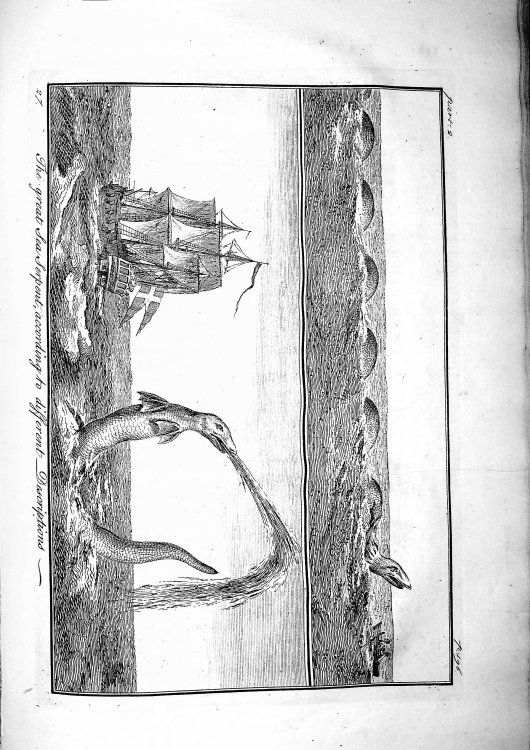
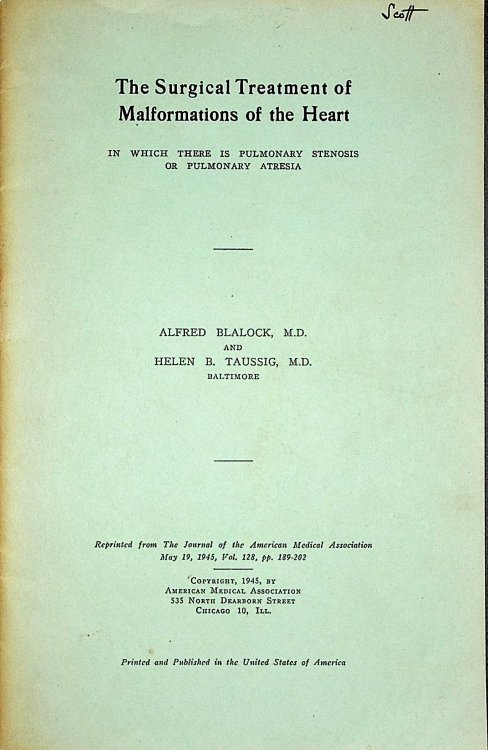
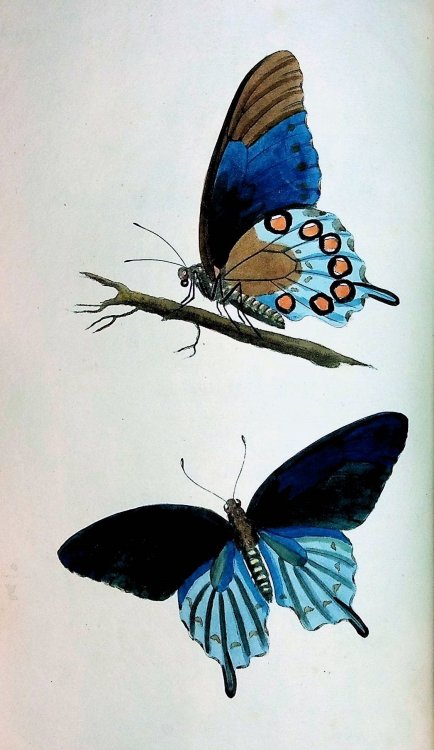
![Memoire sur le Pancreas et sur le role du Suc pancreatique dans les phenomenes digestifs, particulierement dans la digestion des matieres grasses neutres [Memoir on the Pancreas and on the role of pancreatic juice in digestive phenomena, particularly in the digestion of neutral fatty materials] (Claude Bernard) TOGETHER WITH Memoire sur quelques points de la Physiologie des Algues [Memoir on some aspects of the physiology of algae] (A Derbes & AJJ Solier) TOGETHER WITH Memoire sur le Calcul des Perturbations qu'eprouvent les Cometes [Memoir on the Calculation of the Perturbations experienced by Comets] (PA Hansen)](/images/stores/5089/1553_1.jpg)